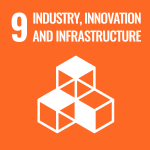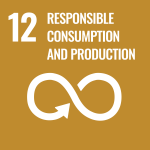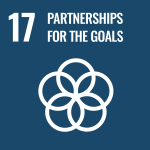Biodegradable materials made from renewable resources
Plastics are part of our daily lives, from chewing gum to shopping bags and disposable pens. Plastics are also part of a global waste issue. One solution to address the plastic waste concerns, is the use of biodegradable and compostable bioplastics.
The Bottrighe plant, owned by the Novamont Group, is the world’s first dedicated industrial plant to produce bio-based butanediol (1,4 bio-BDO) directly from sugars through fermentation. This 1,4 bio-BDO is used as a basis to produce biodegradable and compostable bioplastics which can be used for a wide range of applications, from shopping bags to food serviceware, from food packaging to coffee capsules, up to mulching films for agricultural use.
A collaborative effort
The production process uses a micro-organism developed by Genomatica, a Californian company developing microorganisms for fermentation processes, and draws upon the know-how and expertise of Novamont in developing low-impact processes.
The production is supported by Novamont’s research laboratories specialised in upstream and downstream biotechnological processes. Further innovations are being developed also in terms of alternative raw materials. For instance, a research project was started in 2020 with Melinda, one of the main Italian producers of apples, for the extraction of second-generation sugars from apple waste to produce 1,4 bio-BDO.
Creative use of resources
The Bottrighe plant is the result of the conversion of a decommissioned site acquired in 2012. The plant also reuses its by-products for its own energy purposes. Since 2020, the industrial waste from its production processes has been used to produce biogas. This biogas is now converted into biomethane and fed into the national grid to further increase the plant’s efficiency.
How sustainable is this solution?
From a life cycle assessment perspective, the use of 1.4 bio-BDO produced in Bottrighe allows reducing the net Global Warming Potential by more than 50% in terms of CO2 equivalent emissions, as compared to fossil alternatives.



